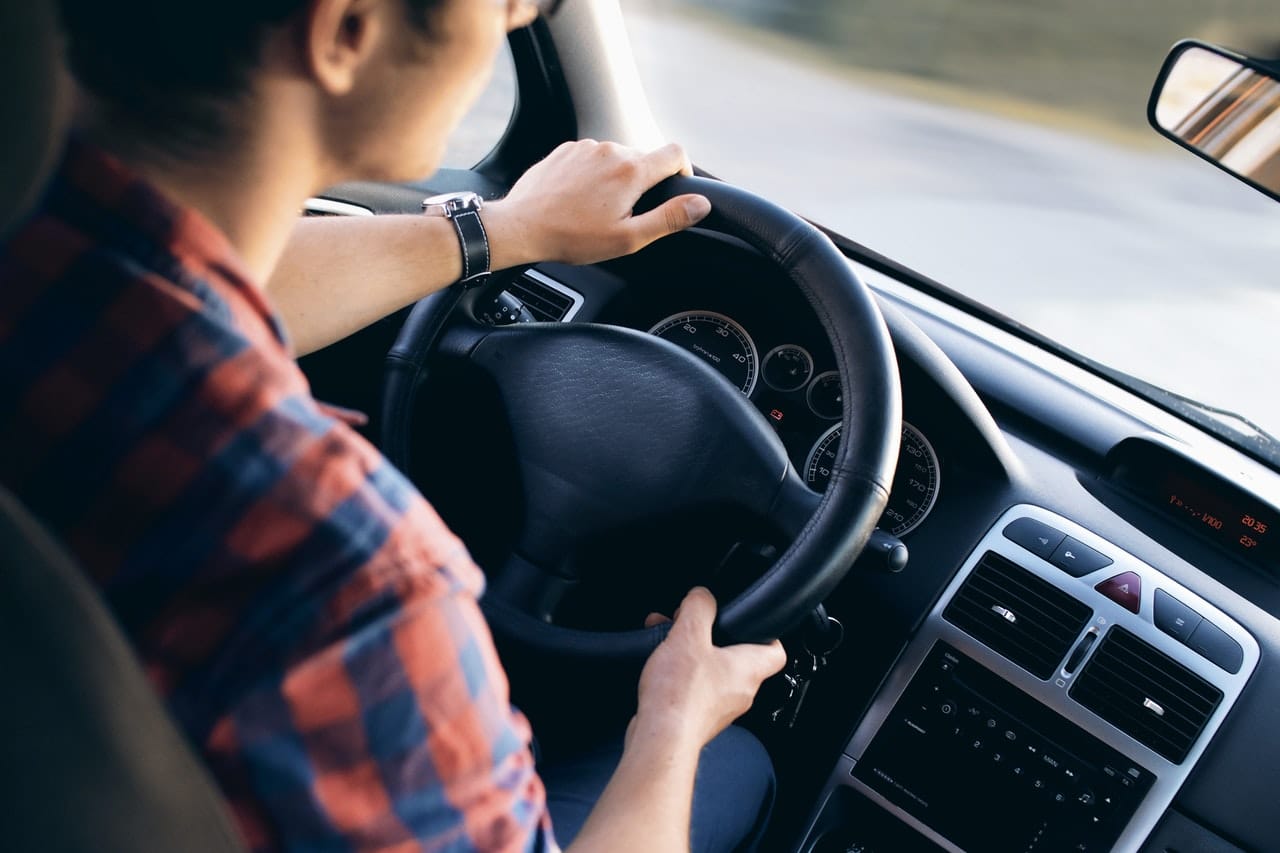You can go years and years without a car accident, but it’s highly unlikely that you’ll go your entire life without being involved in one. And should you find yourself in an accident – whether a minor fender bender or major collision – it’s important that you know how to respond to protect your best interests.
Here’s How You Respond After Your Car Accident
A car accident is something that doesn’t happen often (hopefully), so it’s easy to forget what you’re supposed to do. If you’re trying to figure it out on the fly, you’ll probably be too flustered to respond in the appropriate manner. So, before you get too far ahead of yourself, remember to do the following.
IMAGE: PEXELS
1. Check For Injuries
Before you do anything else, check for injuries. Start with yourself and then tend to the passengers in your vehicle. It’s important that you do a visual check. You might feel fine, but the adrenaline from the accident could temporarily numb pain associated with an injury. If everyone in your vehicle is fine, turn your attention towards the other vehicles in the accident. Check to make sure they’re fine.
(As a note, make sure you’re cordial with the other individuals involved in the accident. No matter who’s to blame, now is not the time to get angry and start making accusations.)
2. Call 911
“It is critical to have a police report documenting the car accident. Summon the police and wait for them to arrive,” attorney Ben Cochran advises. “You should contact police regardless of the severity of the accident. Do not let another motorist talk you out of reporting the accident. Insurers will give weight to the police accident report in assessing a claim.”
While you might think it’s overkill – especially in a fender bender – it’s better to be safe than sorry. Injuries will often emerge hours or days later and you don’t want to be in a situation where you’re without a police report to corroborate what happened.
3. Gather Your Information
While waiting for the police to arrive on the scene, gather your information. This includes your driver’s license, vehicle registration, and proof of insurance. The police officer on the scene will ask for these documents, so having them handy will expedite the process.
4. Gather Evidence
Now is also a good time to begin gathering evidence after your car accident. Grab your phone and take some pictures of the scene. This includes pictures of your vehicle, the other vehicles, and the orientation of the accident scene. If you have injuries, you might want to document these as well. If you’re afraid you’ll forget details later (which often happens), write down or record a recap of the incident on your phone.
5. Avoid Admitting Fault
Whatever you do, avoid admitting fault after an accident. It doesn’t matter if you’re clearly in the wrong or not, it’s best to remain silent. Even when talking to the police, you’re better off discussing the facts and leaving it at that. You never know what direction a case will take and it’s best to avoid incriminating statements.
6. Contact An Attorney For Guidance
Finally, contact an attorney for further guidance on how to deal with the police report, insurance claims, repairs, and possible medical bills. Depending on the severity of the accident, the aftermath could be complex.
Life Happens – Be Prepared
It doesn’t matter how safe and cautious you are, how many defensive driving classes you’ve taken, or what your driving history is like, you – like anyone else – can end up in an accident. It’s impossible to totally insulate yourself. Other drivers are involved, the elements can be unpredictable, and you just never know what you’re going to get. By being prepared for the worst, you can deal with whatever comes your way.
If you are interested in even more car-related articles and information from us here at Bit Rebels then we have a lot to choose from.


COMMENTS